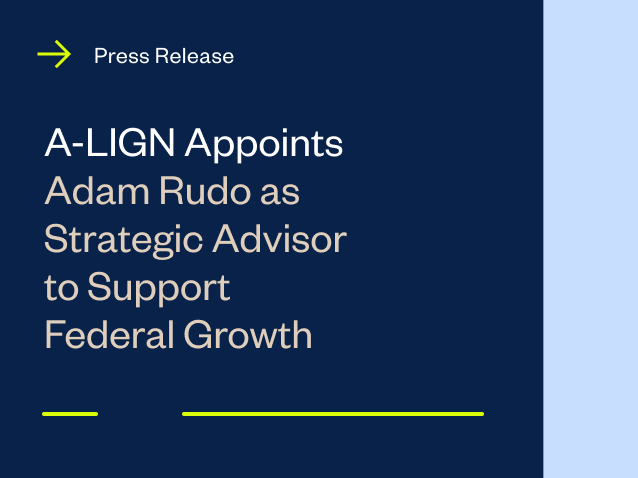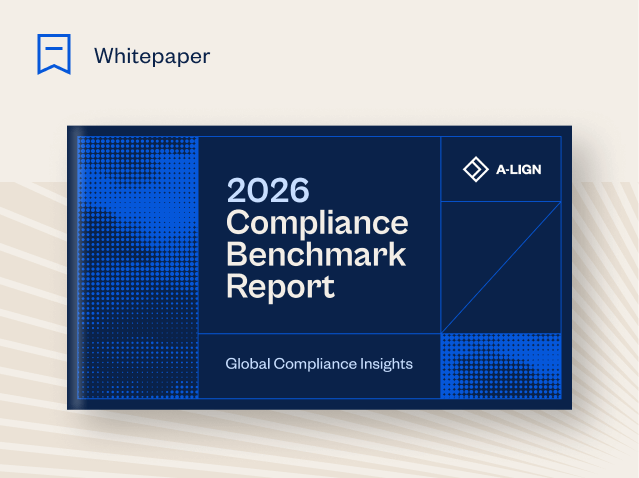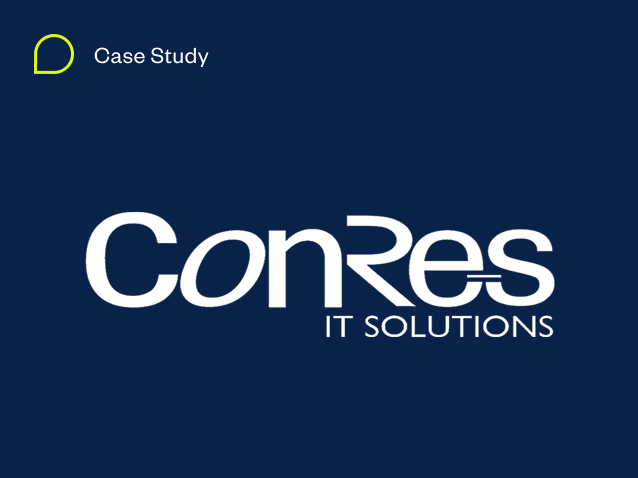Qualify, bid, and win government work
A leading all-in-one compliance solution
A-LIGN is the most trusted federal assessor in the market with an end-to-end compliance solution that eases your organization through the complex reporting process to get you the quality reports and certifications government agencies expect of their providers.

A-LIGN is committed to supporting national security
The U.S. Federal Government handles a broad and enormous volume of personal and classified information. Ensuring this data is safe from threat actors is a constant collaborative effort between industry and federal agencies, making achieving government cybersecurity standards a requirement for industry partners.


A-LIGN has everything you need to succeed
A-LIGN leverages a vast network of resources, experience, and professional relationships to ensure your organization is ready and approved to support government agencies, minimize risks, and keep their data safe against cybersecurity threats.
We have a deep domain of Federal compliance regulation knowledge, including:
FedRAMP
StateRAMP
FISMA
CMMC
NIST SP 800-171
NIST SP 800-53
NIST Risk Management Framework (RMF)
Other risk management compliance frameworks
Win work from your target government clients
We can prepare your organization to do business across an array of federal agencies, including:
- Department of Defense
- Department of Veterans Affairs
- Department of Health and Human Affairs
- Department of Energy
- Regulatory Agencies

A-LIGN is a leader across all government cybersecurity compliance frameworks & assessments
As a leading Third-Party Assessment Organization (3PAO), A-LIGN offers every compliance service needed to earn the trust of your prospective government clients. No matter what stage in the process you are in, we can get you to a successful outcome. We provide advisory, preparation, assessment, and continuous monitoring services for each service listed.
Enable your organization with the ability to provide cloud-based services to federal entities
A-LIGN is a top FedRAMP 3PAO and has a 100% authorization success rate. For Cloud Service Providers (CSPs) currently providing, or seeking to provide, services to federal agencies, A-LIGN can make your FedRAMP process seamless. We will support you during your entire FedRAMP journey from readiness to authorization.
Obtain compliance with the Federal Information Security Management Act
A-LIGN has completed more than 150 FISMA assessments. For organizations pursuing federal contracts, or currently working with a federal agency, A-LIGN’s expert federal assessors can help your company meet FISMA/RMF requirements for all agencies to develop, document, and implement an information security and protection program.
Simplify CMMC certification with a top federal assessor
CMMC was developed by the DoD to ensure that cybersecurity controls and processes adequately protect Controlled Unclassified Information (CUI) that resides on Defense Industrial Base (DIB) systems and networks.
As one of the first authorized C3PAOs, and a top 3 FedRAMP assessor, A-LIGN can help your organization meet DoD cybersecurity requirements with CMMC certification.
Prove your organization can safely store and transmit sensitive CUI and CDI
A-LIGN is an experienced NIST 800-171 assessor and a candidate C3PAO for CMMC that can assist organizations currently bidding, or planning to bid, on contracts requiring NIST 800-171 or CMMC, from readiness to certification. For organizations working on, or seeking to work on, a federal contract that handles, transmits, or stores CUI or CDI, A-LIGN can help you successfully prove compliance with NIST 800-171.
Validate your ability to provide cloud-based services to state and local organizations
Win more business and stand out from the competition with StateRAMP Ready status and StateRAMP Authorized status.
StateRAMP is specifically for cloud products and services used by State, Local, and Educational (SLED) government agencies to store, process and transmit SLED information in the cloud.
If you are a Cloud Service Provider (CSP) currently providing, or seeking to provide, services to state-level governments, A-LIGN can make your StateRAMP process seamless. We will support you during your entire StateRAMP journey, from readiness to authorization.
Trusted by hundreds of government providers
We are dedicated to the success of every client. We’ve helped hundreds of organizations build mission-critical infrastructure and prove their security in support of government work. A-LIGN has successfully achieved FedRAMP authorization for all of our FedRAMP clients and has a 96% customer satisfaction rating.
1k
government assessments completed
100%
FedRAMP PMO acceptance
Top 3
FedRAMP assessor
Strengthen your organization’s defenses
A-LIGN supports veterans

We are proud to have a strong veteran employee base and to be active members of several veteran employment initiatives, supporting former service members as they transition to private industry. A-LIGN currently participates in the Hire Our Heroes program and VetJobs.
If you are a veteran seeking meaningful work in support of national cybersecurity, we’d love to hear from you. We offer a robust training and certification program that allows vets to thrive at A-LIGN.



Strengthen your organization’s defenses
Our team is ready to assist you with any of your compliance, cybersecurity, and privacy needs. Complete the contact form, and our team will reach out within 24 hours.







